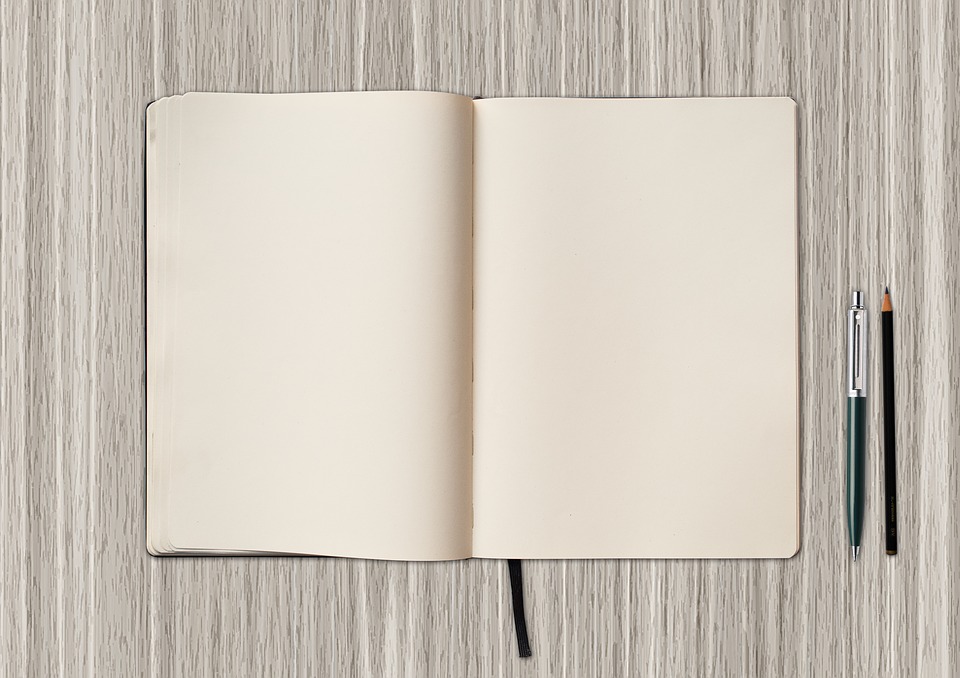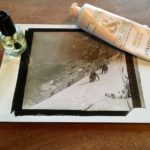5 Tips for Banishing Distraction and Getting Your Writing On

Anyone who is, or would like to be, a writer knows that setting the intention to write is only half the battle. You have all these great ideas in your head, but when you sit down to put them to paper (or screen) you find so many other things that demand your attention… Here are my tips for making the most of the times of inspiration when they hit, and for creating the opportunities for inspiration when it just doesn’t come easily.
Get off the grid
Last year, I joined a 9-day white-water rafting trip through eastern Nepal. Before the trip, I was terrified of being ‘disconnected’ for so long. I bought a small solar charger specifically for the trip, but somehow lost it before we had even left Kathmandu. On day three, my GoPro died; on day four, my phone followed (not that I had signal along the Sun Kosi River for most of the time, anyway!) As a freelance writer and editor, I was afraid that being out-of-contact for 9-10 days would hurt my work. Who knows what edits someone would be desperately needing me to do, or what offers of work I would miss!? But around the same time that my devices died, so my fears lessened. Being digitally disconnected meant I really had to be where I was. I talked to my fellow rafters. I read my Kindle by camp-fire light. I got to know the Nepali guides. I took copious notes with paper-and-pen about the wild nature through which I was travelling, and though many of them were rough jottings, when I peruse that notebook now, I am amazed by how much detail I was able to capture.
At the end of that trip, I was anxious about checking my emails again. But you know what? The world hadn’t noticed that I’d been offline for a few days. No emergencies had arisen. But I realised how important it was to periodically disconnect completely. I gained a sense of perspective and clarity that helped my writing shine.
There are many ways to get off the grid for days at a time. A white-water rafting trip through Nepal is one, but so is going on a multi-day hike, climbing a mountain, or just booking a country house without all the mod-cons for a few days.
Sign up for a FREE online writing workshop here.
Write using a notebook and pen
This is especially important for the initial drafts of a piece, or to record observations and life going on around you. Although writers do need a laptop and a good internet connection, it can sometimes be too tempting to flick between windows and be distracted by things that aren’t important at all. (Like Facebook.) Eliminating this distraction is as easy as taking a notebook and pen and going to sit in a favourite spot—whether a park, a café or on top of a hill. My favourite spot is in the shadow of a medieval temple in a beautiful old square in Kathmandu, where I live. Let the words flow onto the page unedited. You can always refine them later.
Go for a walk/exercise
If, when you sit down to write, you find your mind wandering, check your physical state. If you are trying to fit in time for writing after a full day at the office, chances are you need to get your blood flowing. Once your body is stretched, spent or invigorated, the distractions to your mind will decrease. Yoga is my favourite, as it brings about the mental as well as physical relaxation necessary for creativity and productivity.
Make time in your weekly schedule for your writing
If you’re cramming in a few minutes’ writing here and there between other tasks, you’re likely to be distracted by all the other work/family/social commitments you have. But if you set aside time each week for writing and actually enter it into your planner, you will be less likely to treat your writing time as a distraction from other necessary things in your life. In turn, this means that you will be less likely to be distracted by those other things when writing.
Don’t regard life itself as a distraction from writing
Even with the best of intentions and with dedicated time set aside for writing, life happens. Many writers and would-be writers are self-motivated, which is great, but tends to come with a perfectionist streak. I can feel guilty if I don’t meet a self-imposed deadline, or if I skip my planned writing time (see above) because a friend invites me out for a drink. But I’ve realised that rather than treating these as ‘disruptions’ to my writing work, they are the material for my writing work.
Take this weekend, for instance. I am always really busy with work Monday-Friday, but my boyfriend invited me to a riverside camp for a few days, assuring me that there would be Wifi so I could do my work no problem. Yes, there’s Wifi. But this is Nepal, so there is no power for several hours of the day, so I can’t charge my laptop once the battery dies. This has meant going back and forth to various accommodations up and down the river—charging my laptop at one, using the Wifi at another, and sleeping at yet another! Annoying? Yes. The stuff that stories are made of? Definitely. Laughter, conversations, disagreements, places visited, plans made and thwarted… writing without these life experiences would be pretty boring. So don’t consider life a distraction. Let it happen, and write about it afterwards.
5 Tips for Banishing Distraction and Getting Your Writing On








Thanks for the tips, Elen! They’re very helpful.